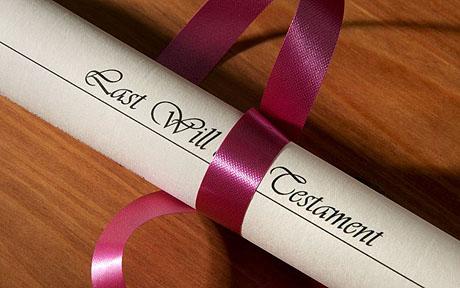Some people decide to set up a trust during their lifetime, and pay money into it on a regular basis. They can appoint themselves as a trustee and will have control over the money held in the trust. The law considers money held in a trust as separate to that of your estate, so the… Continue reading Saving on Inheritance Tax Liability by Trust
Saving on Inheritance Tax Liability by Trust







